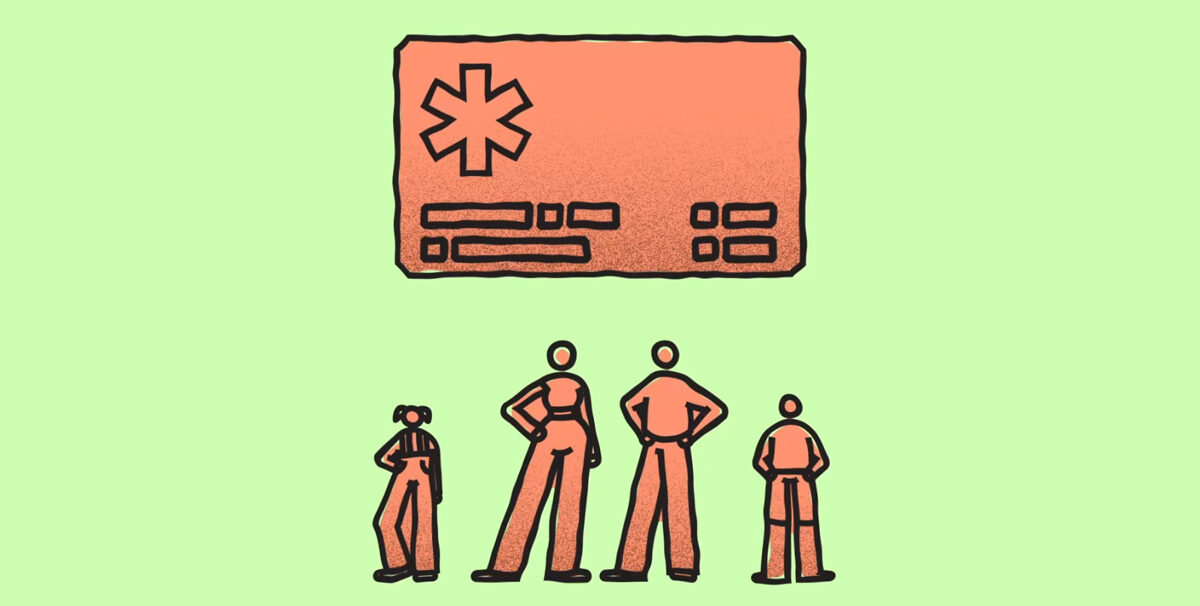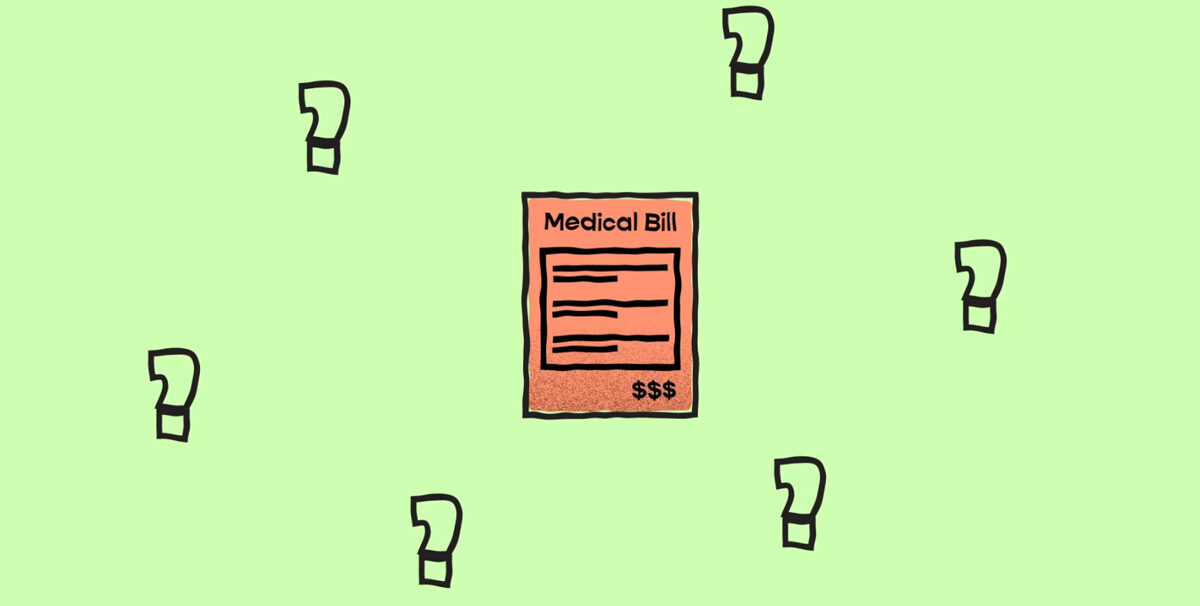The Health Benefits of Walking
Walking is often overlooked as a form of exercise; however, it offers several health benefits for the body and mind. This simple yet powerful activity is accessible to people of all ages and fitness levels, requiring no special equipment, memberships or training. By boosting physical fitness and enhancing mental well-being, incorporating regular walks into your routine can improve overall health.
The U.S. Dept. of Health & Human Services recommends moderate-intensity aerobic exercise – for 150 to 300 minutes a week.
Walking is a natural, low-impact form of exercise that can yield notable improvements in physical fitness. Simply putting one foot in front of the other can unlock a myriad of benefits for your body, including:
- Increased cardiovascular health (e.g., lower blood pressure and cholesterol levels)
- Improved respiratory health
- Strengthened muscles and joints
- Boosted immune function
- Weight management support
- Reduced risk of developing conditions such as heart disease, Type 2 diabetes, osteoporosis and some cancers
Whether it’s a leisurely stroll through nature or a brisk walk around the block, incorporating regular walks into your routine can improve both body and mind. Walking for 30 minutes at least five days a week is a great way to improve or maintain your overall health and well-being. While brisk walking is safe for most people, it’s still important to talk to your doctor before you start an exercise program.
The Mental Benefits of Walking
Walking is often overlooked as a form of exercise; however, it offers several health benefits for both body and mind. This simple yet powerful activity is accessible to people of all ages and fitness levels, requiring no special equipment, memberships or training. Walking is a natural, low-impact form of exercise that can yield notable improvements in physical fitness, mental well-being and emotional balance. Walking has the potential to impact your mental health in the following ways:
- Reduces stress and anxiety – walking can have a calming effect on the mind. Walking reduces levels of stress hormones and releases endorphins, fostering feelings of relaxation.
- Improves mood and emotional well-being – Walking stimulates the production of neurotransmitters (e.g., serotonin and dopamine), which play key roles in regulating mood and promoting feelings of happiness and contentment.
- Enhances cognitive function and reduces risk of decline – Regular walking has been linked to improved cognitive decline in later life. Walking enhances blood flow to the brain, promotes new brain cell growth, and boosts memory, concentration and creativity.
- Promotes better sleep patterns and quality – Physical activity helps regulate sleep patterns and improve sleep quality, increasing daytime vitality.
The U.S. Department of Health and Human Services recommends adults should do at least 150 to 300 minutes of moderate-intensity aerobic exercise per week. Brisk walking for 30 minutes at least five days a week is a great way to meet that goal and boost your mental health and overall well-being.
Nip Seasonal Allergies in the Bud
The Centers for Disease Control and Prevention reports that one-quarter (25.7%) of adults suffer from seasonal allergies. Springtime allergies are an annual nuisance for many people as plants bloom and neighbors cut their lawns more frequently. Also, mold growth occurs indoors and outdoors, making it almost impossible to escape allergy triggers. Consider these strategies to alleviate your spring allergy symptoms, such as sneezing, stuffy or runny nose, and watery eyes:
- Local allergens – Keep track of local allergen (e.g., pollen and mold) counts to help you know when to avoid spending excessive time outside.
- Shower – Take a shower after spending time outdoors, as pollen can stick to your hair, skin and clothing.
- Wash bedding – Wash your bedding weekly in hot water to help keep pollen under control.
- Clean floors – Clean your floors often with a vacuum that has a HEPA filter.
- Change filters – Change your air conditioner and heating HEPA filters often.
For many people, avoiding allergens and using over-the-counter medications is enough to ease their allergy symptoms. Talk to your doctor if your symptoms remain bothersome.
2024’s Best Diet: The Mediterranean
U.S. News & World Report named the Mediterranean diet the world’s best overall diet for the seventh consecutive year, ranking first in 7 of the 11 diet categories. The winning meal plan emulates how people in the Mediterranean region have traditionally eaten, focusing on consuming whole grains and heart-healthy fats. This diet may help support brain function, promote heart health and regulate blood sugar levels. Research also suggests that this well-balanced eating pattern can help prevent some chronic diseases and increase longevity. A nonrestrictive, healthy meal plan such as the Mediterranean diet may be easier to follow and stay committed to. If you have any questions about your diet, talk to your doctor.
Symptoms of Stress
Stress affects your mental health, but it can show itself in other ways, too. Here are some symptoms of stress:
- Physical – Headaches, muscle tension, fatigue, digestive issues, and changes in appetite or sleep patterns
- Emotional – Anxiety, irritability, mood swings and feeling overwhelmed
- Cognitive – Difficulty concentrating, indecisiveness or memory problems
- Behavioral – Withdrawal from social activities, increased substance use, procrastination or neglecting responsibilities
Prolonged stress that is not addressed can become a serious health concern.
While it’s impossible to eliminate stress entirely, there are numerous strategies you can employ to mitigate its effects and enhance your resilience.
- Plan and prioritize your most important responsibilities.
- Limit interruptions so you don’t have to refocus each time you’re distracted.
- Take breaks away from your workstation to regroup mentally.
- Listen to relaxing music to help you calm down.
- Limit caffeine intake as this stimulant have been proven to exacerbate stress.
- Get some exercise to work off your stress.
- Try meditating to calm your mind.
Talk to your doctor if you struggle to cope with stress.





